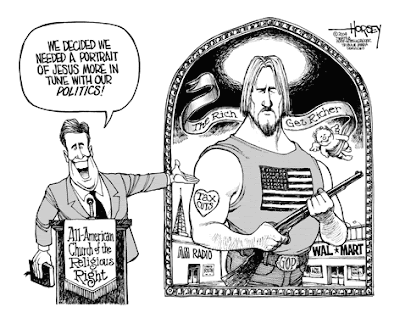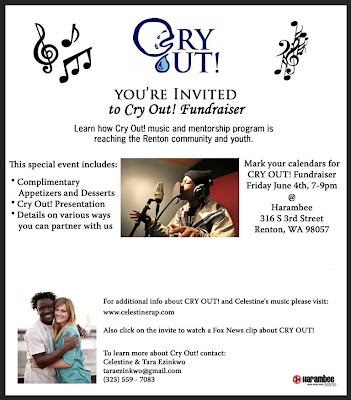A Muslim Writes on Islamic and American Hypocrisy
'Pandemic of hypocrisy' dominating Muslim faith and American life
By MUQTEDAR KHAN
Yes, we Muslims are hypocritical. We demand equality under the law wherever we live as minorities and practice systematic inequality wherever we are in power. In most Muslim societies men and women, Muslims and non-Muslims, are treated unequally by law. Sometimes culture and sometimes religion is used as cover to privilege the rights of Muslim men over all others. Even in societies where there is no democracy and absence of rights is a chronic condition, Muslim men still suffer less than others.
We thought we could get away with it. But, unfortunately, the age of globalization and its pervasive media has exposed us. In the West, we say Islam is a religion of equality, but in the Muslim lands, we say equality is not justice. Justice is to give (or withhold) rights to others as determined by God. So, in Egypt, Baha'is are denied their religious identity. In Malaysia, men can divorce but women cannot. In Pakistan, Muslims can preach but others cannot. In Saudi Arabia -- the Mecca of Islam -- no one except Muslims can publicly worship.
Today, we are engaged in a battle to define Islam. Islamophobes are trying to paint it as a creed of intolerance and hatred and as an ideology of terror. Muslim extremists are defining it as an exclusivist and narrow ethos that has no tolerance for difference and no appetite for self-criticism. But even in this battle, we are hypocritical.
We talk of rights when we speak for Palestinians, we indeed scream in agony for justice for Gaza, but we are relatively silent -- as if our consciences are dead -- when the houses of worship of Ahmediyas (a Muslim sect) are blown up. We hear of Muslim youth going from New Jersey to Israel to struggle for Gaza, from Virginia to Pakistan to fight against the Americans, from Minnesota to Somalia to fight against God knows who, but no one ever goes to fight against al-Qaeda.
When we talk of Islam, we are quick to assert that God made Muslims the best of communities for the rest of the world (See Quran 3:110). But we live our lives as if we are a community against the rest of the world.
So, that is that. We Muslims are hypocrites, but what about Americans? What about the city on the hill?
Buses in New York City today are carrying hateful advertisements promising to help Muslims who leave Islam. Six hundred residents of Rutherford County in Tennessee came out to object to the proposed construction of a mosque. They want no mosques in their state. A woman in Oklahoma places a yard sign opposing a Muslim neighbor she never met. GOP congressional candidate Lou Ann Zelenik sees Muslim places of worship as a threat to Tennessee's moral and political fiber. Sen. Jeff Sessions displayed his latent Islamophobia on the Senate floor while criticizing candidate for the Supreme Court, Elena Kagan as a Sharia sympathizer. And the state of Oklahoma, where Muslims are less than 1 percent of the population, wants to pass a law forbidding the implementation of Sharia.
This is just a sample of the Islamophobia manifest in the past two weeks in America as Muslims increasingly become targets of rising prejudice in American society.
When Muslims object to mockery of Islamic symbols, we scream freedom of speech. We call it an important institution of our culture and of democracy itself. But when Helen Thomas expresses her opinion, we destroy her career and her legacy.
We preach to Muslims the virtue of democracy and peaceful opposition. But when the Muslim students of the University of California try it by demonstrating at a speech of the Israeli Ambassador, they are promptly punished.
We take pride in our democracy. We are especially proud of our protection of freedom of religion. But when it comes to living up to our values with regards to Muslims, we are falling woefully short.
If we cannot practice our values when Muslims are involved, then we also do not have the moral ground to lecture them. We wage wars abroad to defend "American values" and wage campaigns at home to eviscerate them.
Today, Muslims and Americans stand united as victims of this pandemic of hypocrisy.
Muslims are inheritors of one of the greatest value systems of human civilization, Islam, but we are losing it by not practicing what we preach. Americans have developed one of the greatest systems of governance, democracy, and now we are jeopardizing it by allowing our prejudice to overwhelm our decency.
I would rather we compete in realizing our values in real life than racing to become the champion of hypocrisy.
Dr. Muqtedar Khan is Associate Professor in the department of political science at the University of Delaware and a Fellow of the Institute for Social Policy and Understanding.

















